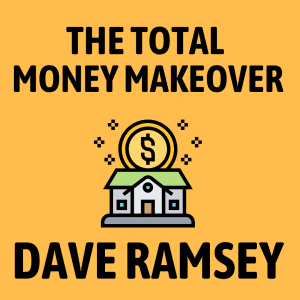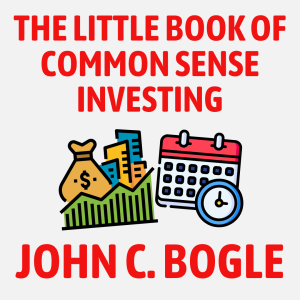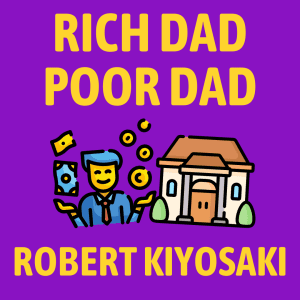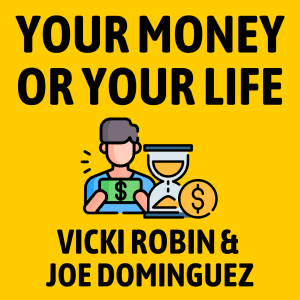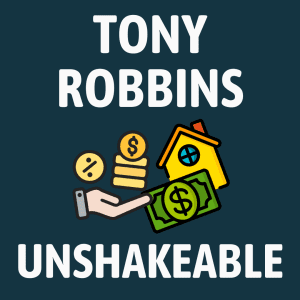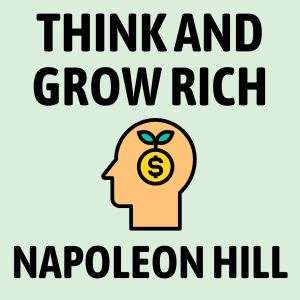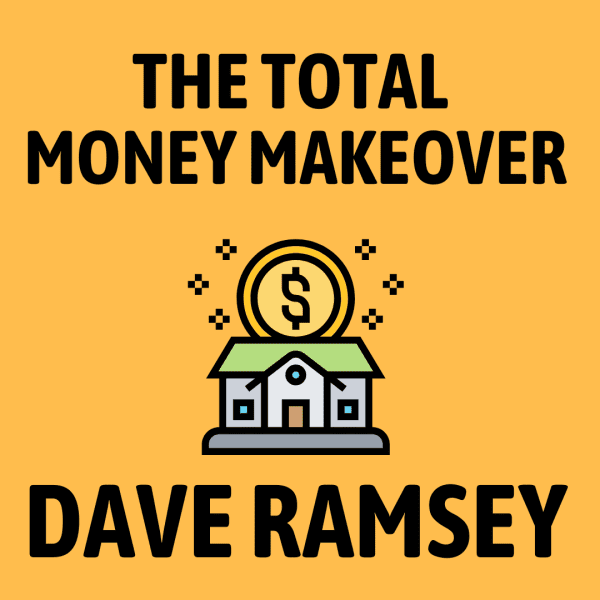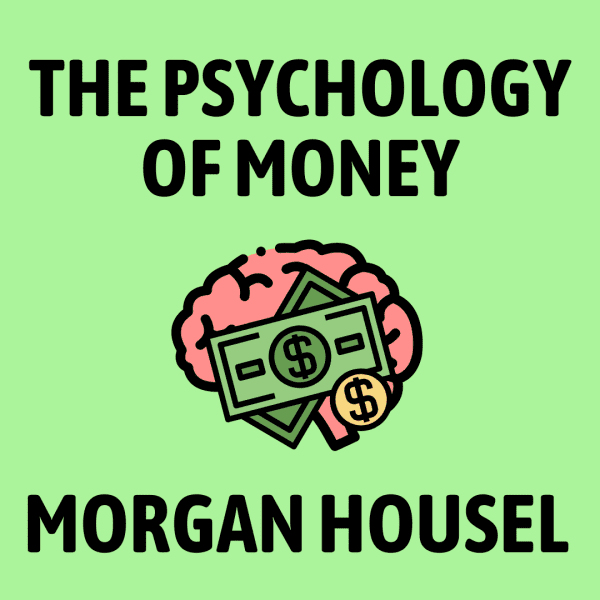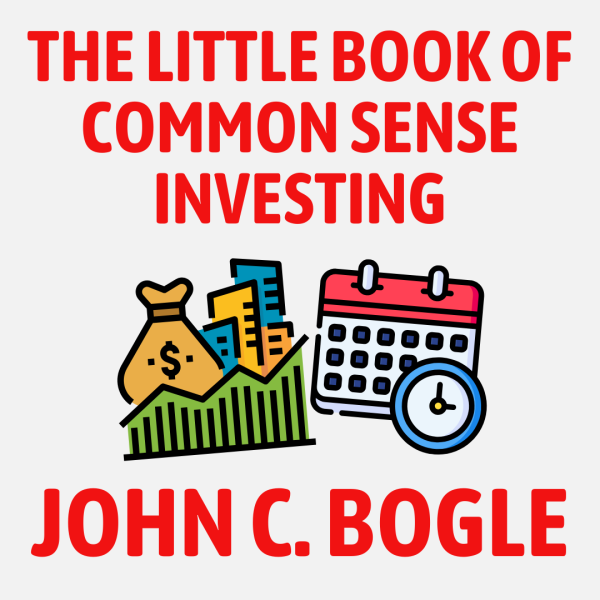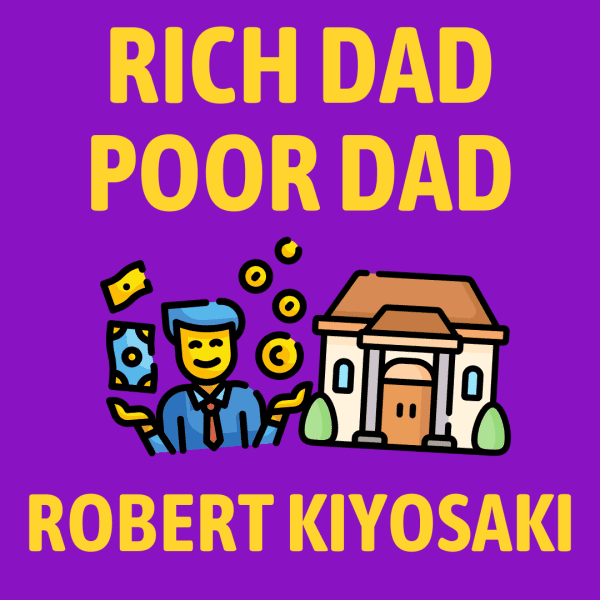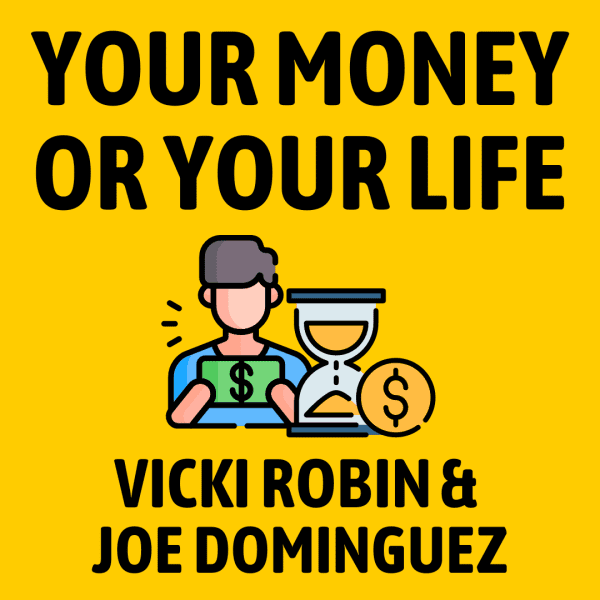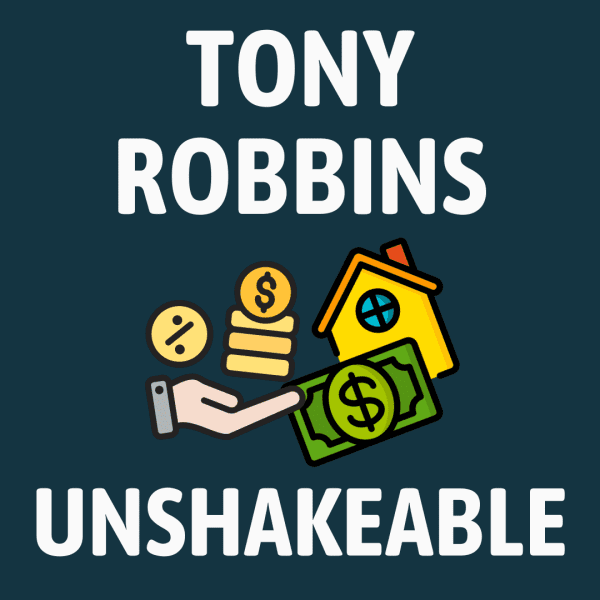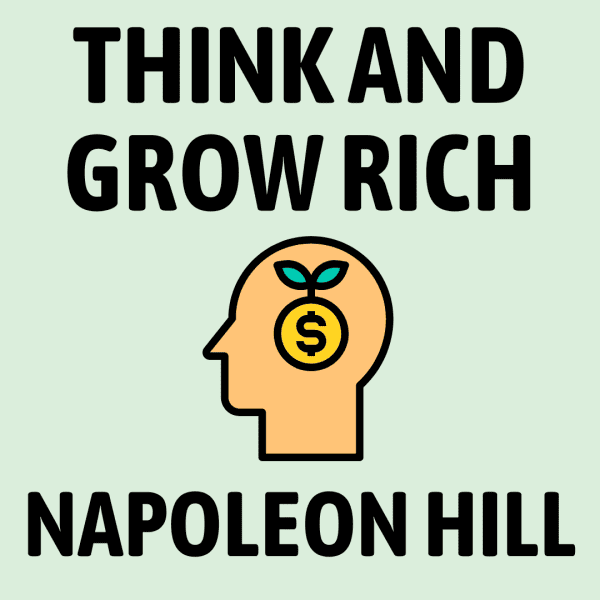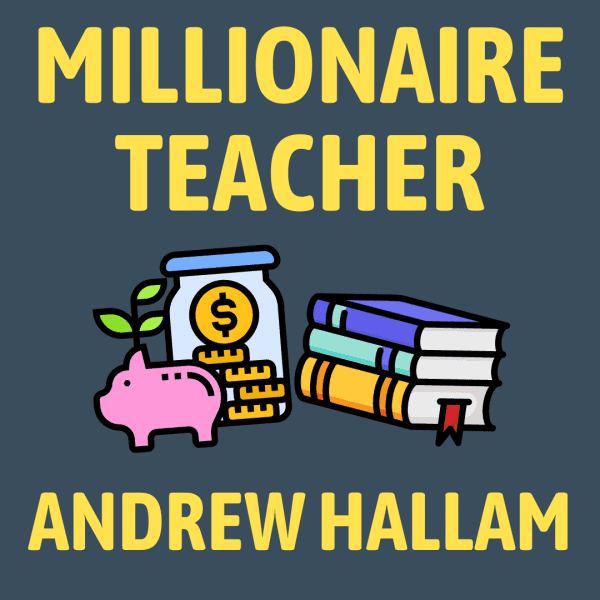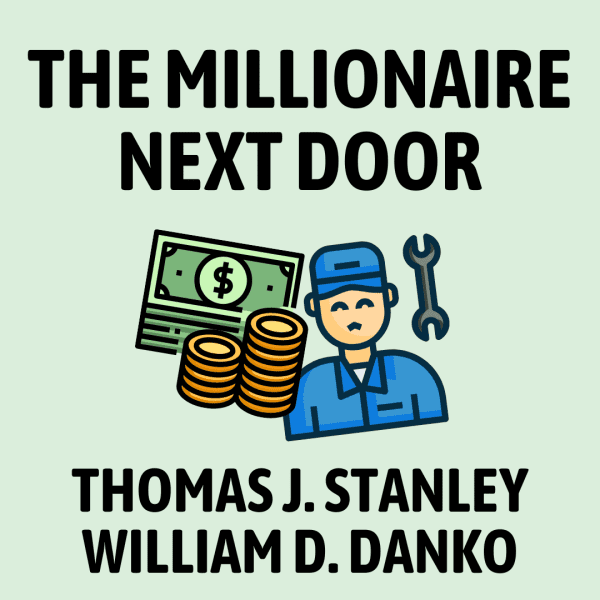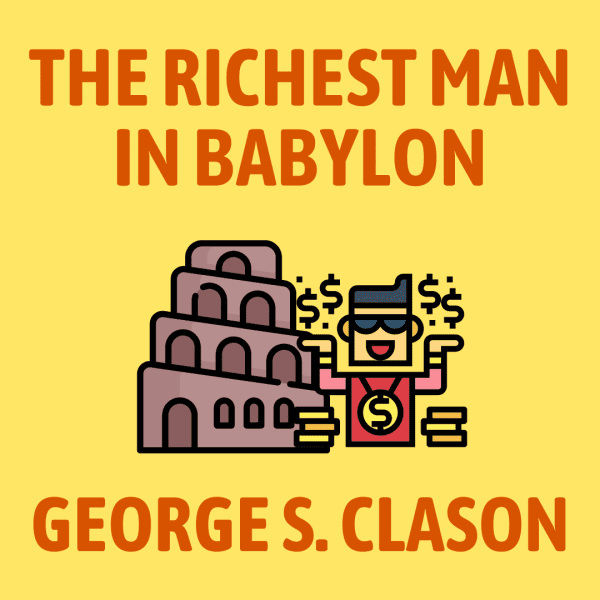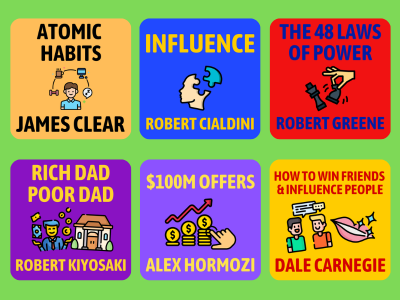"The Richest Man in Babylon" by George S. Clason offers timeless financial wisdom through parables from ancient Babylon, focusing on principles such as saving 10% of your income, living within your means, and avoiding get-rich-quick schemes.
The book champions the concept of "paying yourself first" by setting aside at least 10% of your income before paying any expenses.
Why read it?
After reading "The Richest Man in Babylon," the principle of "paying yourself first" truly resonated with me.
This idea of automatically saving a portion of your income before anything else has shifted the way I manage my finances.
It’s a small change that can make a huge difference in your financial journey.
The stories, set in ancient times, brilliantly illustrate how such a simple habit can lead to lasting wealth and financial independence.
The book’s advice is straightforward but powerful, teaching not just to save, but to actively invest in our future selves.
It's inspiring to see how applicable these ancient principles are today, and I can't recommend this book enough to anyone looking to improve their financial health.
It's kind of like hearing life lessons from a wise and wealthy grandfather, but with more camels. 🐪

